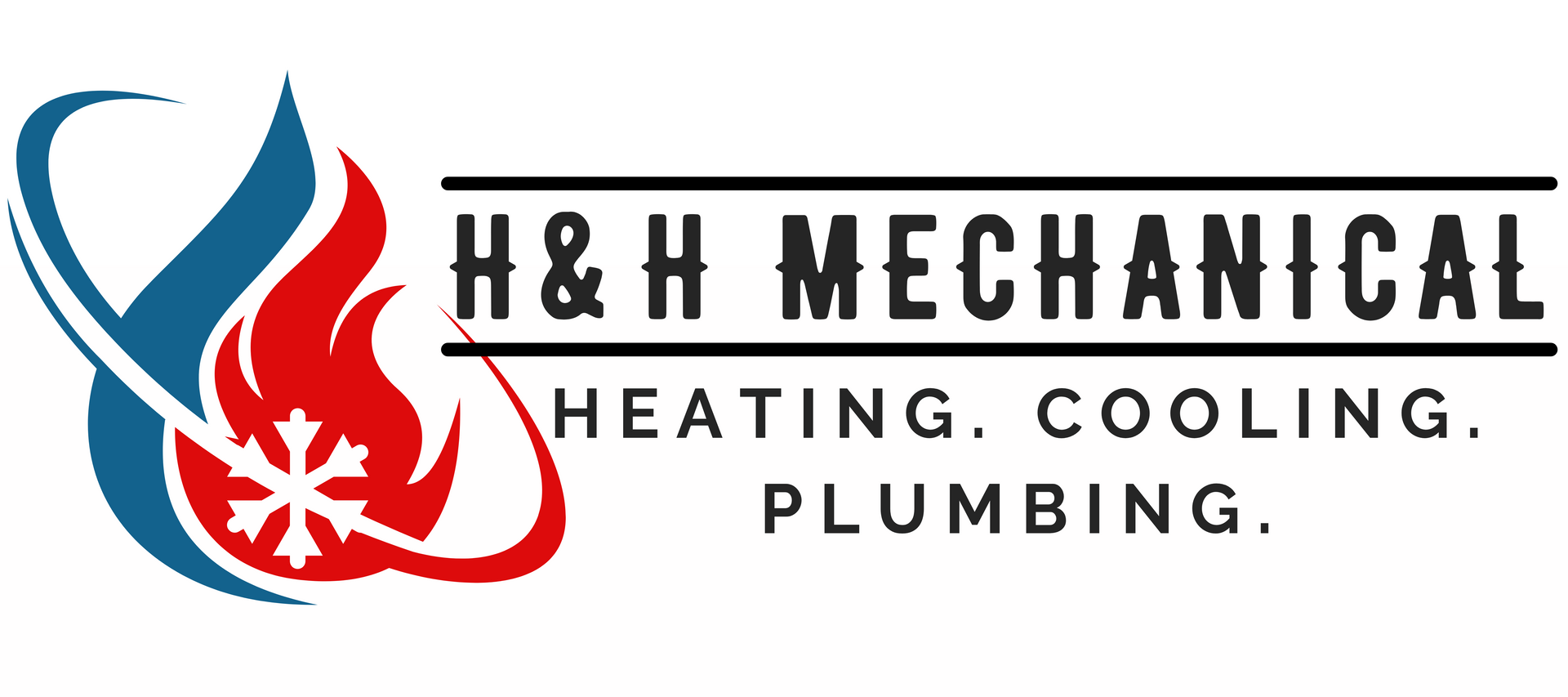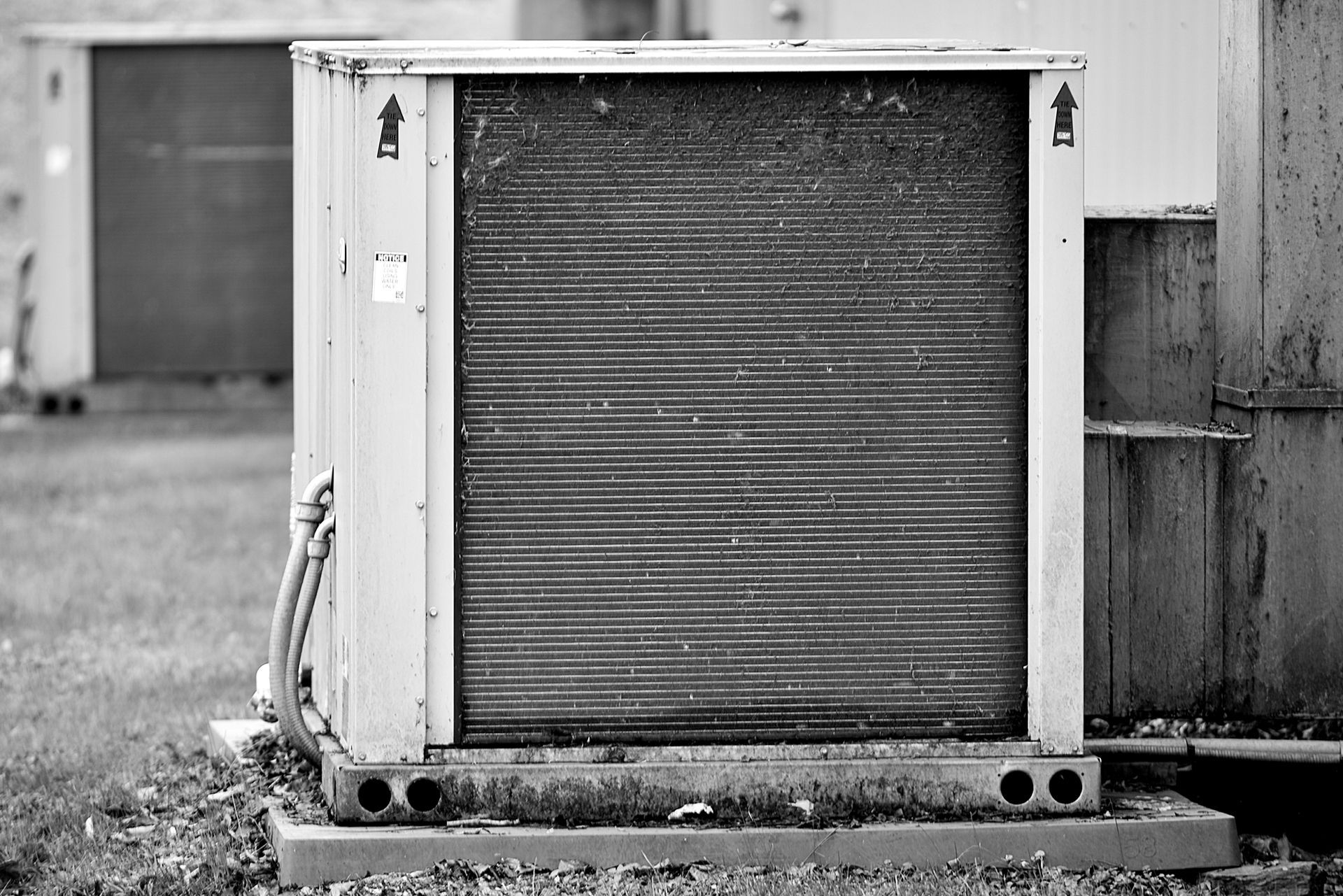HVAC Myths Debunked: Separating Fact from Fiction
When it comes to heating, ventilation, and air conditioning (HVAC) systems, misinformation can lead to inefficiencies, higher costs, and the underperformance of your climate control solutions at home or at work. Let's debunk some of the most prevalent HVAC myths to ensure you're informed and prepared to make the best decisions for your comfort and pocketbook.
Myth 1: Bigger HVAC Units Are Always Better
Fact: An oversized HVAC system doesn't equate to better performance. In fact, a unit that's too large for your space can result in frequent on-and-off cycling, leading to inefficiency and increased wear and tear on the system. It's crucial to size your HVAC unit correctly based on the square footage of your space, insulation levels, and other factors to ensure optimal performance and longevity.
Myth 2: Cranking Up the Thermostat Heats/Cools the Space Faster
Fact: The thermostat setting doesn't affect the speed at which your home reaches the desired temperature. Setting the thermostat to a higher or lower temperature than necessary will only make the system work longer, not quicker. It's more efficient to set the thermostat to your desired comfortable temperature and allow the system to maintain it steadily.
Myth 3: Closing Vents in Unused Rooms Saves Energy
Fact: Closing vents can actually increase energy consumption and strain your HVAC system. Modern HVAC systems are designed for the specific layout of your home. Blocking vents disrupts the intended airflow, causing imbalances and making the system work harder to distribute air. This can reduce efficiency and lead to more maintenance issues and a shorter lifespan of your equipment.
Myth 4: Routine Maintenance Isn't Necessary If the System Is Running Fine
Fact: Preventive maintenance is essential to keep your HVAC system running at peak efficiency. Just as your car needs regular oil changes, your HVAC system requires periodic check-ups to catch potential issues early, ensuring it operates effectively and extends its service life.
Myth 5: Filter Changes Can Be Ignored for Months
Fact: Regularly changing or cleaning your HVAC filter is paramount to system health. A dirty filter restricts air flow, forcing the system to work harder, which can lead to increased energy costs and potential system failures. Generally, filters should be checked monthly and changed at least every 90 days—or more frequently if you have pets or allergies.
Myth 6: Fans Keep Rooms Cooler
Fact: Fans cool people, not rooms. Fans circulate air, which can increase the sensation of cooling on our skin by aiding in the evaporation of sweat. However, fans do not reduce the room's temperature. When you leave a room, turn off the fan to save energy.
Myth 7: Energy Efficient HVAC Systems Automatically Reduce Bills
Fact: While energy-efficient systems are designed to use less energy, the actual cost savings depend on several factors. Proper installation, correct sizing, and regular maintenance play significant roles in the true efficiency and cost-effectiveness of an HVAC system. Simply installing a high-efficiency unit without addressing these factors won't guarantee lower bills.
Myth 8: If It's Not Broken, Don't Fix It
Fact: Waiting for your system to break down before calling a professional can result in higher repair costs and uncomfortable periods without climate control. Proactive maintenance can identify small issues before they become big problems, saving money and inconvenience in the long run.
By understanding the facts about your HVAC system, you can optimize its performance and enjoy a comfortable, cost-effective environment. If you have further questions or need professional advice, reach out to a trusted HVAC expert. Don't let myths undermine the comfort and efficiency of your home or office!.






